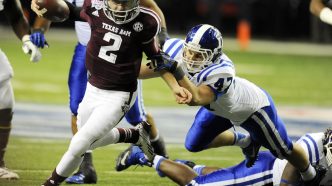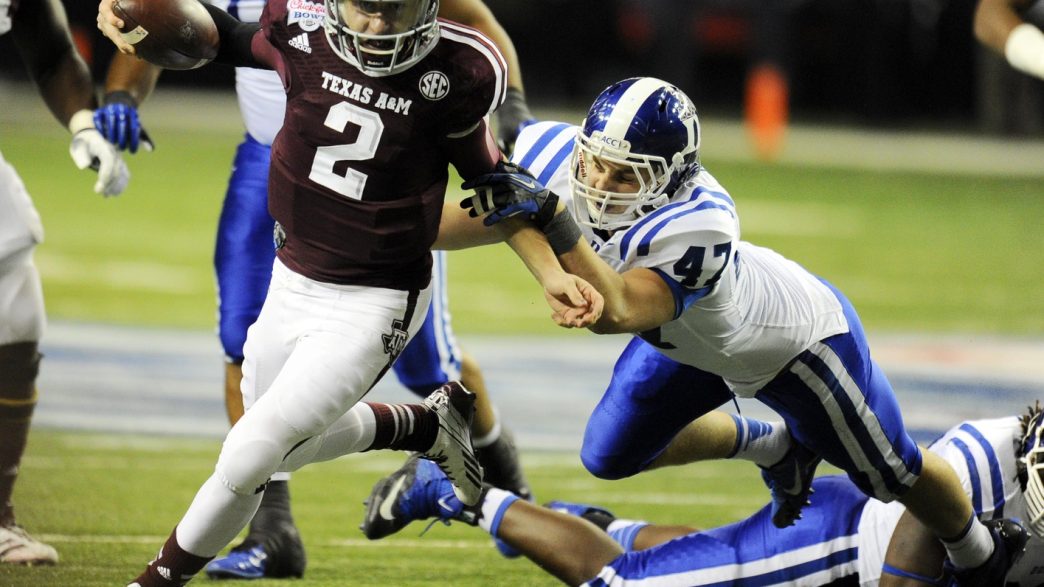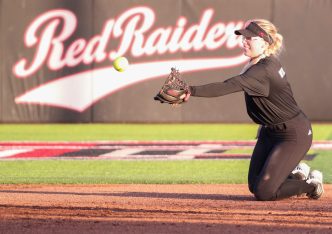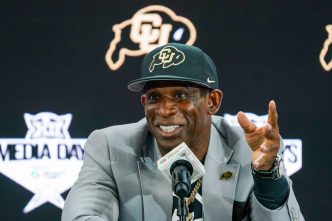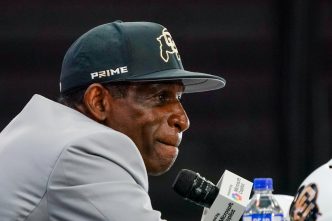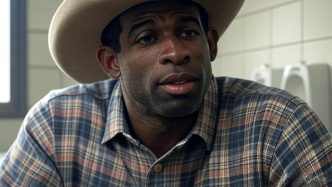Johnny Manziel, the former Browns quarterback, is reflecting on his NFL journey and the financial landscape of college football, specifically the impact that name, image, and likeness (NIL) deals could have had on his career. While Manziel earned approximately $8 million during his time in the NFL, he believes that number would have paled in comparison to what he could have earned back in college had NIL opportunities been available to him.
In a recent conversation with Greg McElroy, Manziel, who made history in 2012 as the first freshman to win the prestigious Heisman Trophy at Texas A&M, shared his thoughts on the significant paydays a player of his caliber would have secured. “I would’ve taken a pay cut had I gone to the NFL,” he candidly stated, underscoring his belief that staying in college would have been the more lucrative choice for him.
At the time Manziel declared for the NFL draft in 2014, he had two years of NCAA eligibility left. Reflecting on that pivotal decision, he noted that the allure of NIL income would have changed everything. “If NIL had been the equivalent of what it is now back in 2013, I would have absolutely stayed in college,” he expressed. “A couple million bucks in College Station goes a really, really long way.” The mention of these figures highlights a paradigm shift in college athletics, where players can now secure financial gains that were once unheard of.
Manziel also shared a personal anecdote about the NCAA’s scrutiny during his college days. He faced a suspension for the first half of a game due to an investigation over whether he received money for autograph signings. He reflected on how the sums of money athletes were being investigated for back then now seem trivial in comparison to the lucrative deals that college football stars can command in the current NIL era.
“The NIL world allows a four-year starter to set themselves up nicely, regardless of whether they transition to the NFL,” Manziel noted, capturing the essence of how NIL has reshaped the financial choices available to student-athletes today.
Indeed, NIL has transformed the landscape of college football, making it financially viable for players to extend their college careers if they aren’t projected to be top NFL draft picks. This shift not only enriches the lives of these athletes but also changes the dynamics of both recruitment and competition at the college level. For athletes like Manziel, whose careers unfolded under different rules, the realization of what could have been looms large, adding yet another layer to the ongoing conversation about the evolution of college sports.

